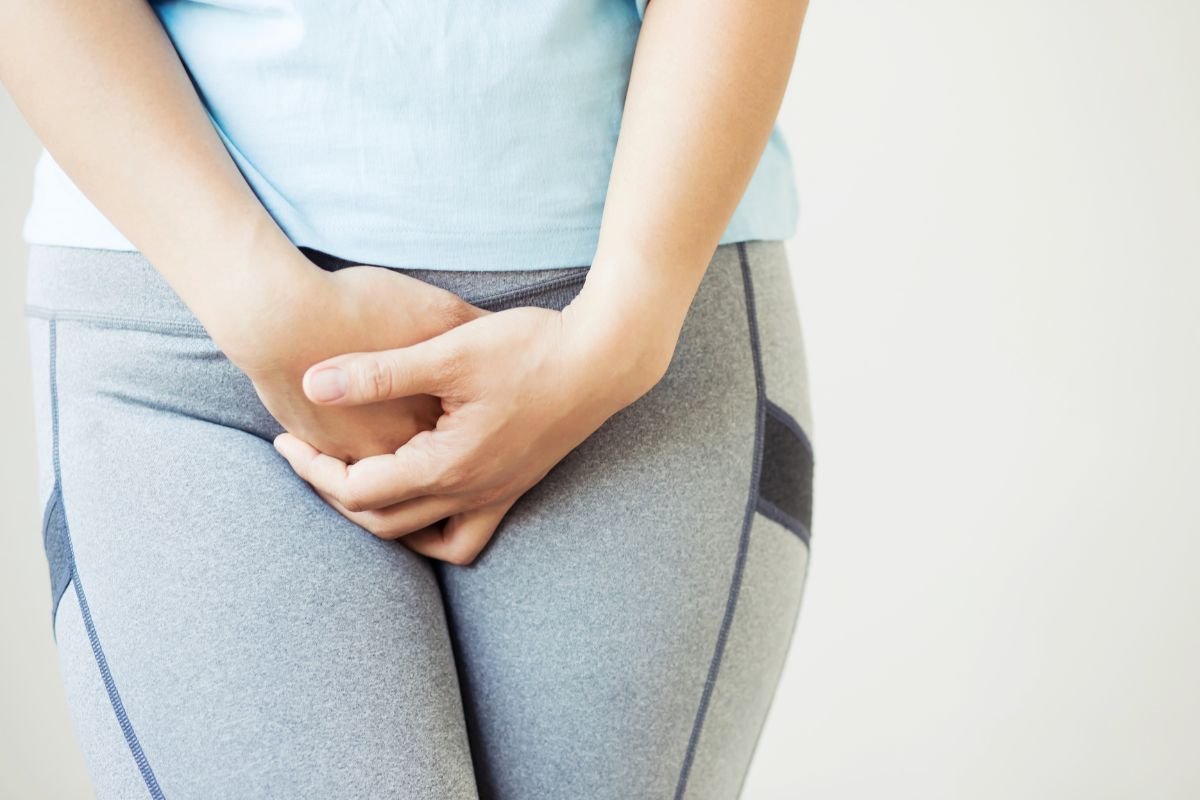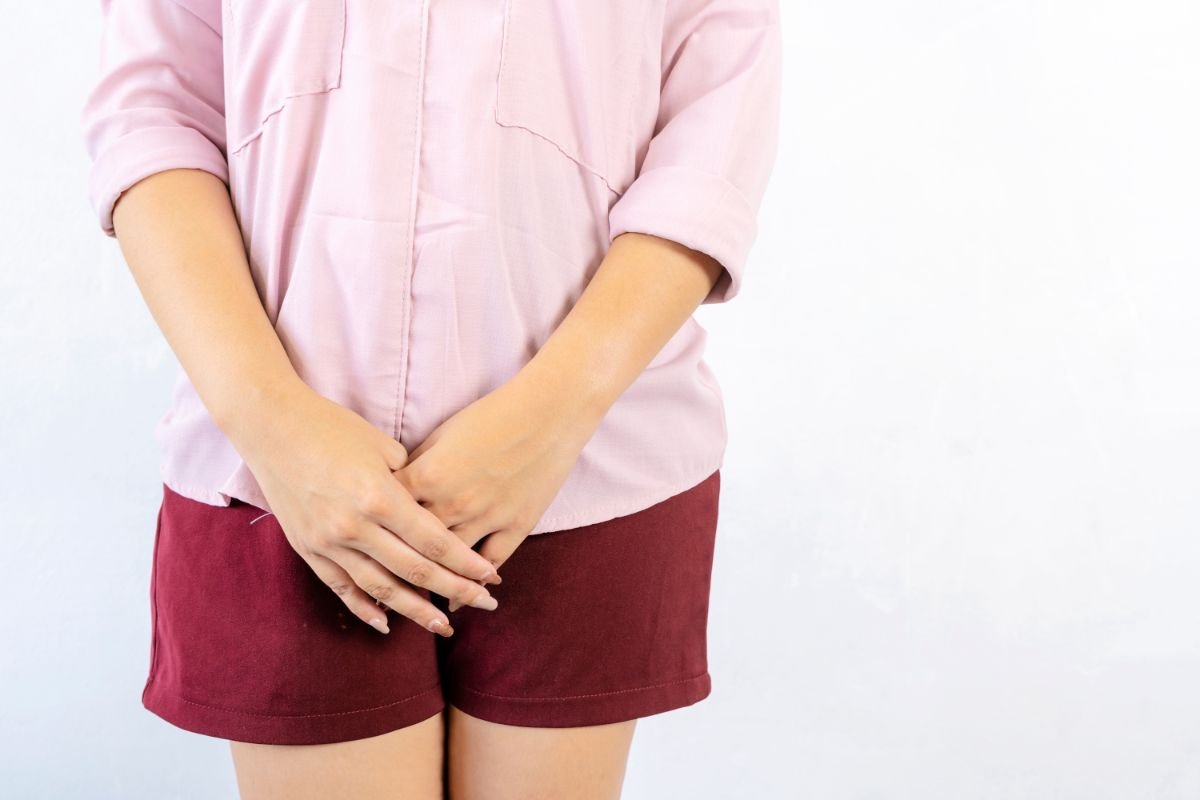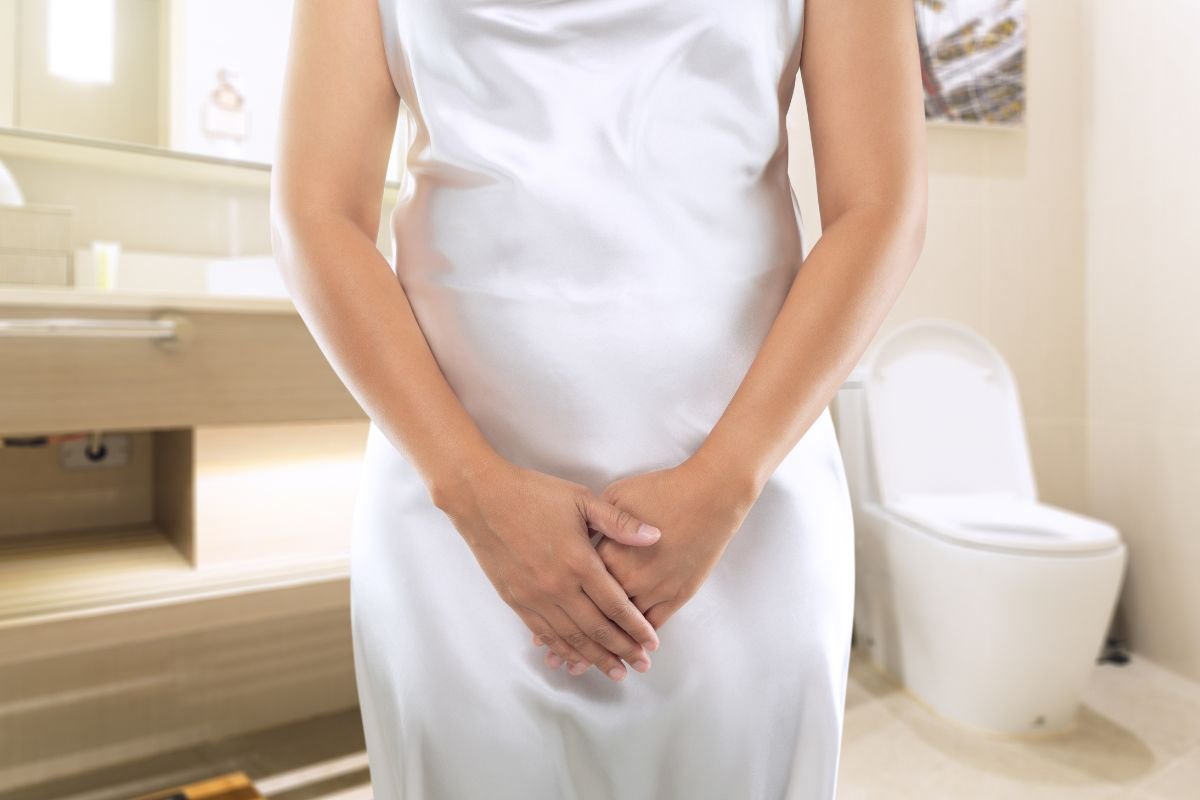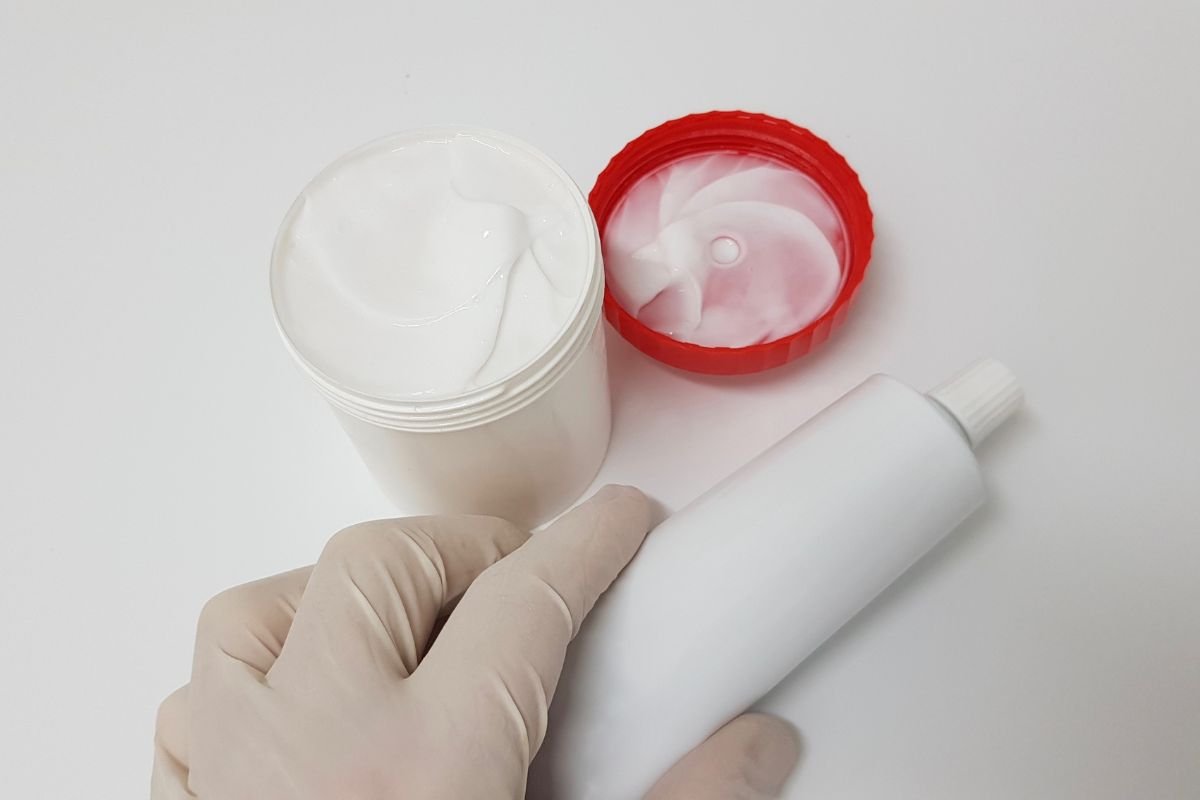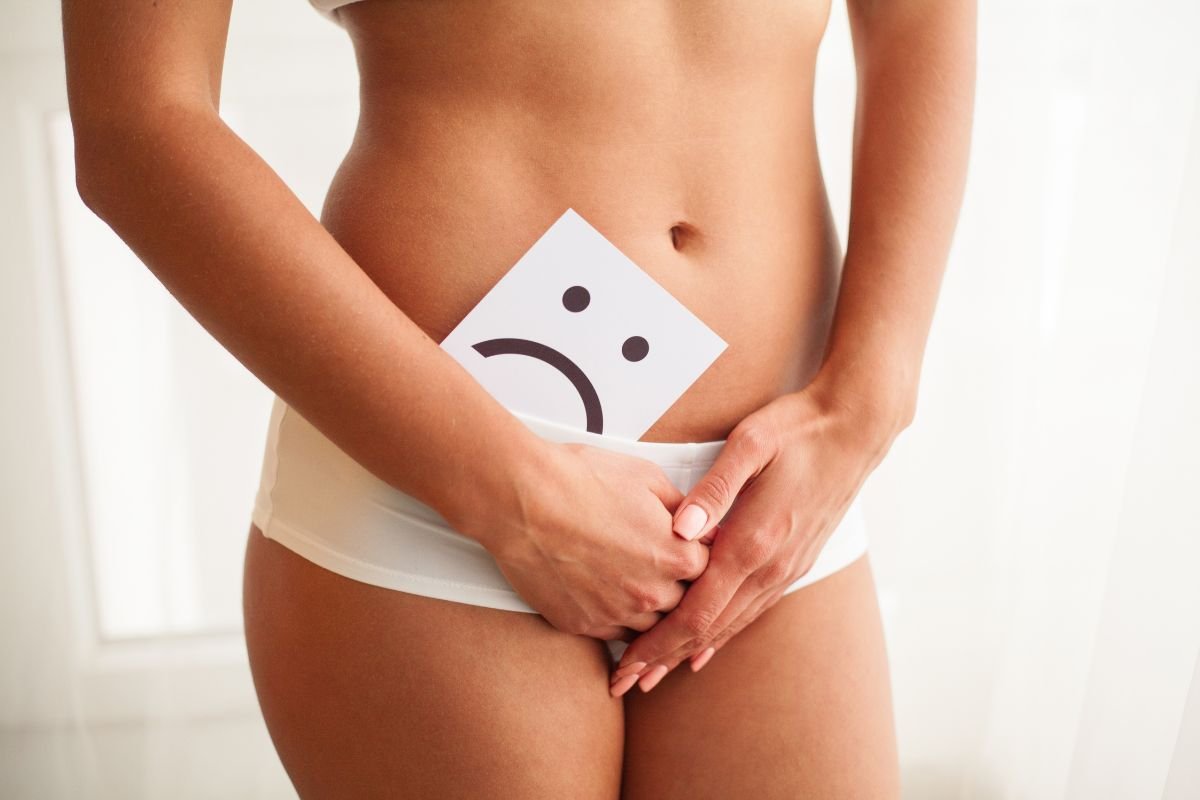Are you dealing with the uncomfortable symptoms of a yeast infection, but are worried about how to treat it while on your period? Look no further.
Yeast infections can be an irritating and embarrassing issue for anyone. Having a yeast infection during your menstrual cycle can add an extra layer of discomfort, as the additional amount of moisture in the area increases the risk for bacterial growth and irritation.
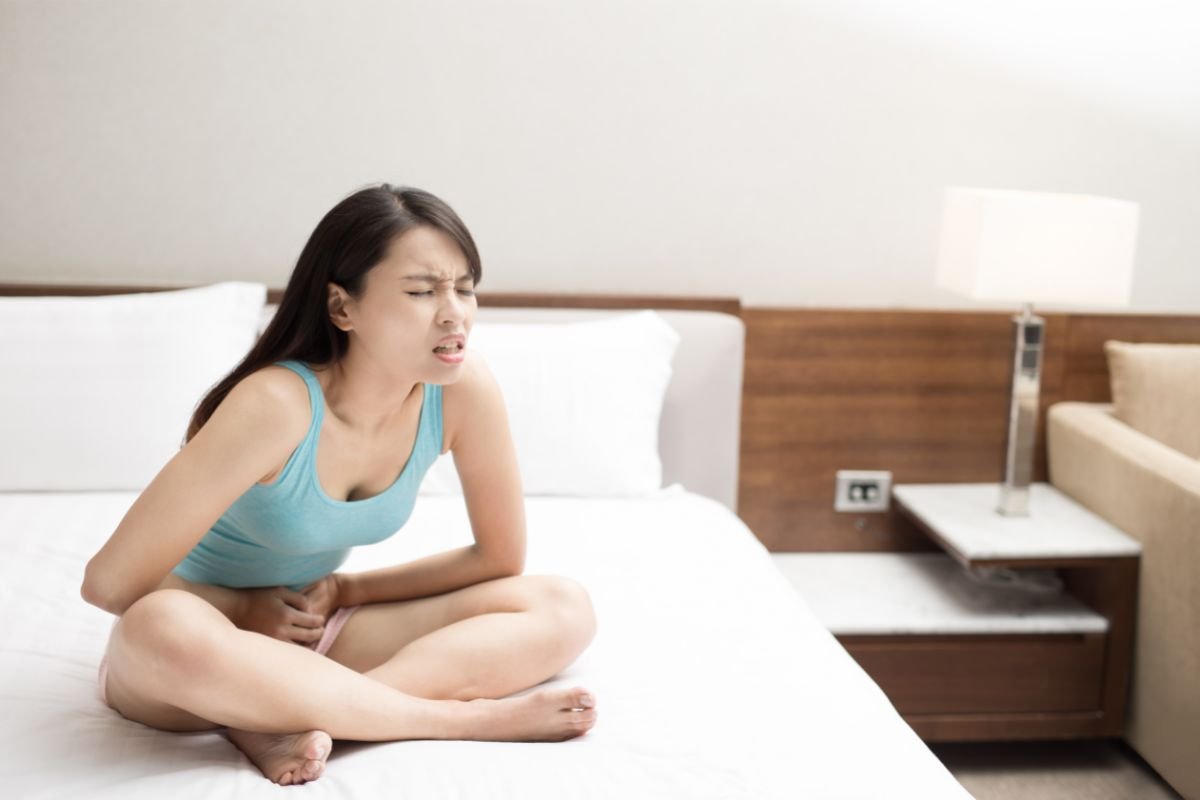
In this article, we will provide helpful advice on how it’s best to treat yeast infections while on your period naturally, with medications and alternative treatments.
What Exactly Is Happening During A Yeast Infection?
Yeast infections are a common occurrence for many women, with 75% of women reporting having at least one infection in their lifetime.
The fungus that is most often responsible for yeast infections is Candida albicans, which naturally occurs in the body, including the vagina. Usually, bacteria keep this fungus from growing out of control.
However, when these bacteria are disrupted or overwhelmed, it can lead to an overgrowth of Candida albicans and cause yeast infections.
What Causes Them?
The causes of yeast infections vary and can include taking antibiotics that disrupt the natural balance of hormone fluctuations, uncontrolled diabetes, or lifestyle habits such as wearing sweaty workout clothes for too long.
Symptoms of a yeast infection include itching and irritation in the affected area, as well as a cottage cheese-like discharge.
If you think you may have a yeast infection, it is important to speak to your doctor, so they can diagnose and treat it appropriately.
Can You Treat A Yeast Infection While On Your Period?
You may be able to treat your infection with over-the-counter medications such as antifungal creams or suppositories.
However, if symptoms persist or worsen after treatment, it is important to see your doctor for further evaluation and treatment.
Your doctor may prescribe stronger medications such as oral antifungals or antibiotics if needed. It is also important to practice good hygiene habits such as changing tampons regularly and avoiding tight clothing to help prevent future yeast infections from occurring.
How Can You Treat Your Yeast Infection?
Treating a yeast infection can be done with both prescription and non-prescription medications. Vaginal suppositories are the most common form of treatment, used for 1–3 days, even during menstruation.
Creams can also be used to relieve itching in the vulva area. For those who do not have any symptoms of an inflammatory yeast infection, no treatment is necessary.
In addition to medical treatments, good personal hygiene and dietary changes can help prevent and treat yeast infections.
Avoiding processed sugars and high-gluten foods is essential, as yeast feeds on sugar. Eating a varied diet with healthy unsaturated fats is also beneficial for preventing and treating yeast infections.
Taking probiotics may also help restore balance in the body’s natural levels of bacteria, which can help reduce the risk of developing a yeast infection.
How To Treat A Yeast Infection While On Your Period
Yeast infections can be a common occurrence during menstruation, and it is important to take the necessary steps to prevent them.
The most important thing to remember is to wear breathable underwear and practice good hygiene. Washing with water or a mild detergent with a pH less than 7 is recommended, but plain water may be best in some cases.
It is also important to note that while taking these precautions, one should not over-scrub or wash the lower end too much, as this can further irritate the area and cause more discomfort.
Taking these steps will help reduce the risk of yeast infection during menstruation and ensure that you have a comfortable period experience.
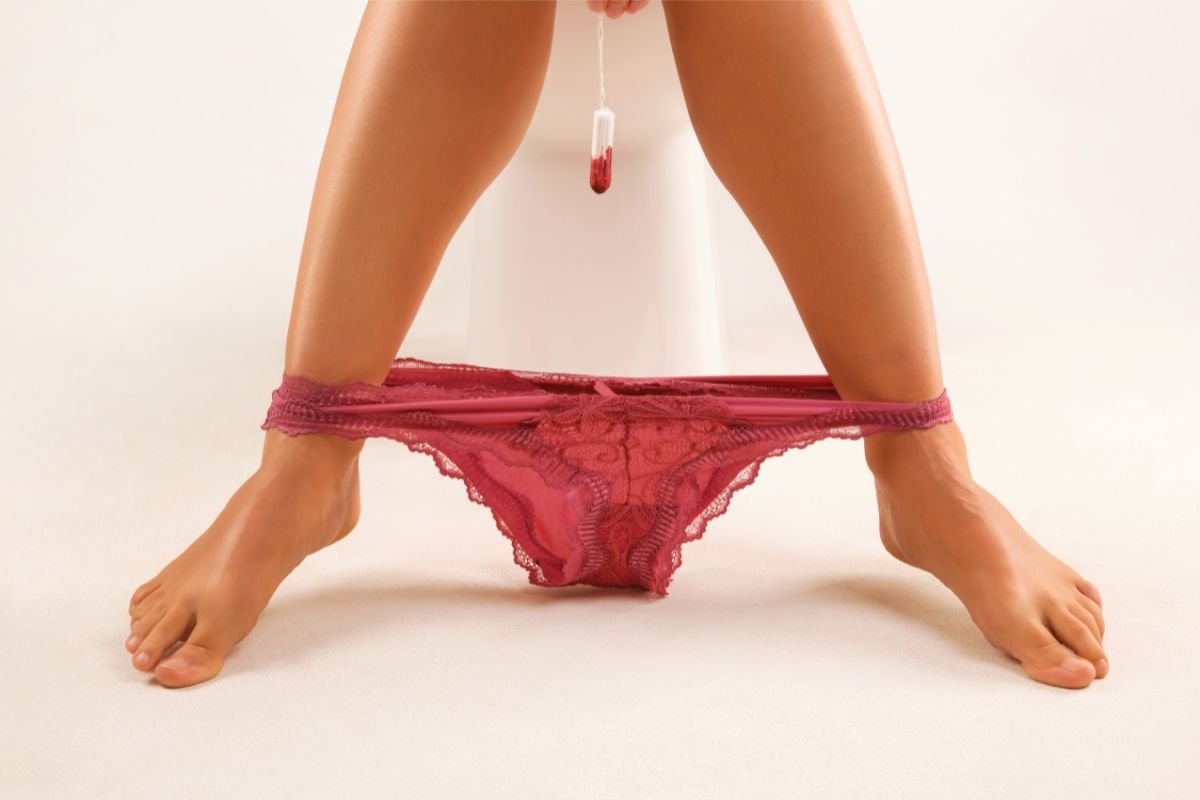
Why Is It Common To Have A Yeast Infection While On Your Period?
Getting your period and a yeast infection at the same time is not an uncommon occurrence. Your hormone levels and PH in the vagina can fluctuate on the days that are leading up to the period, disrupting the bacteria levels.
This is because there is an increase in your estrogen levels before your period which may make you more likely to have a yeast infection.
It’s important to be aware of these changes in your body so that you can take steps to prevent or treat any potential infections.
If you’re experiencing symptoms such as itching or burning around your vulva or vagina, abnormal discharge with an unpleasant odor, pain during sex or urination, or redness or swelling around your vulva then it’s best to see a doctor
What Are The Best Ways To Prevent Yeast Infections?
Yeast infections can be an uncomfortable and embarrassing problem, but there are ways to reduce your risk of getting one.
First, it’s essential to only use antibiotics when absolutely necessary. Antibiotics can disrupt the balance of bacteria in the body, which can lead to a yeast infection.
Additionally, it’s important to focus on general well-being by staying active and getting enough sleep. Eating a diet that is low in sugar and processed foods may also help prevent yeast infections, although this has not been definitively proven.
Finally, taking a daily supplement specifically designed for vaginal health may help reduce the chance of infection.
This supplement contains probiotics that help promote vaginal health and restore balance in the body. It is important to note that while this supplement may help reduce the risk of yeast infections, it should not be used as a substitute for medical advice or treatment.
Final Thoughts
Yeast infections can be a common problem for women, especially during their periods. It’s important to be aware of the risk factors and take steps to reduce your chances of getting an infection.
This includes avoiding antibiotics when possible, eating a healthy diet, and taking a daily supplement specifically designed for vaginal health.
- Yeast Infection Vs Herpes - January 26, 2023
- How Long To Wait For Sex After Yeast Infection Treatment - January 26, 2023
- Yeast Infection Vs STD - January 26, 2023


